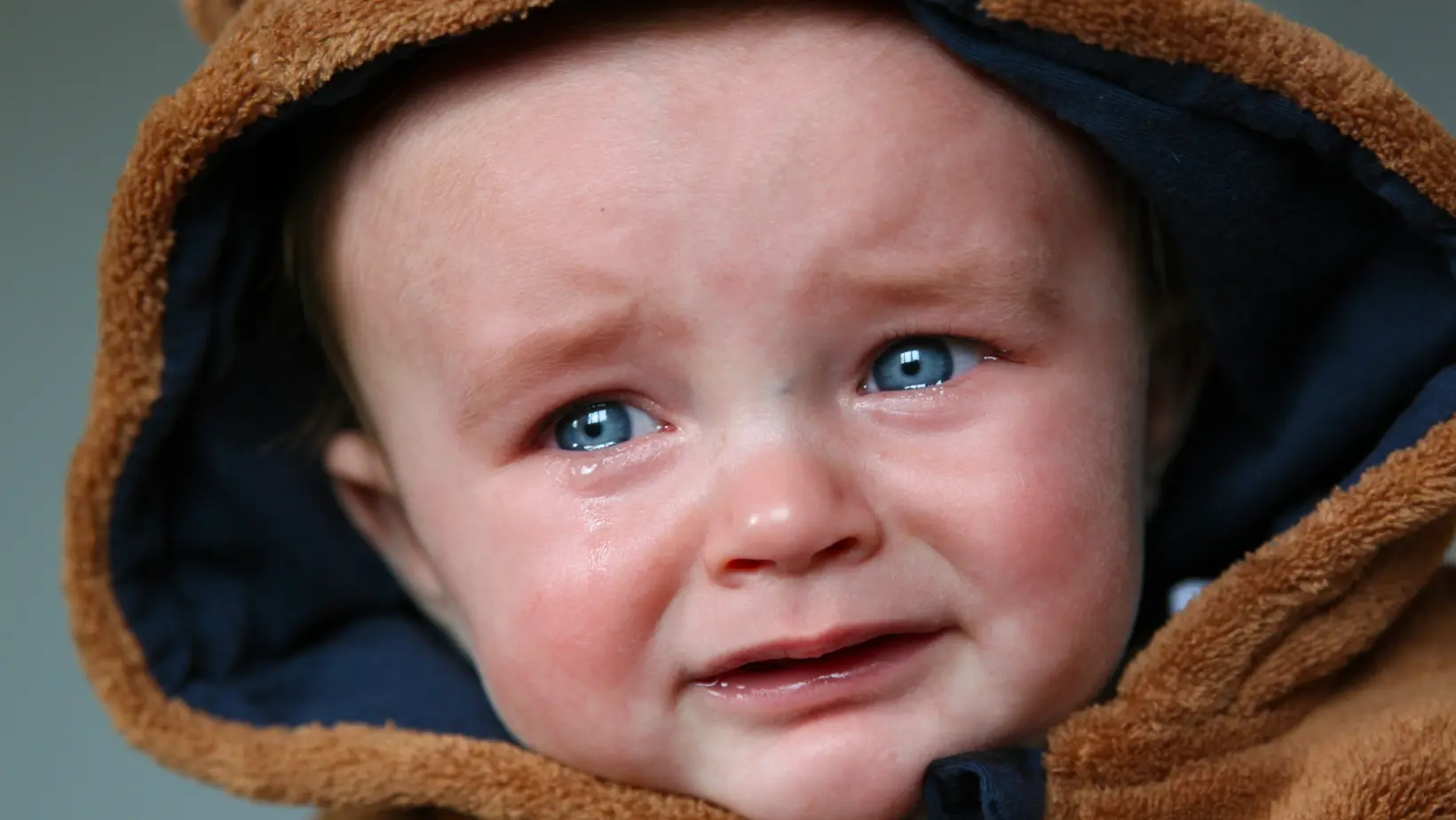Marie, my baby had bronchiolitis three weeks ago, and no one explained to me why. What should I do if it comes back? Can you help?
Abygaëlle
Hello Abygaëlle,
Bronchiolitis is the most common respiratory infection in children under one year of age, especially in the fall and winter.
What is bronchiolitis?
Bronchiolitis is diagnosed when the baby has benign inflammation of the lung’s small airways, called bronchioles.
Bronchioles are found at the end of the bronchial tree where gas exchanges take place. They allow air to circulate in the lungs freely. During bronchiolitis, the structure’s inflammation can disturb the normal bronchiole function leading to respiratory problems.
The leading causes of bronchiolitis are cold viruses or respiratory syncytial virus (RSV). The latter cause is very contagious from infected objects such as toys, pacifiers, bottle nipples, etc.
How to Recognise Bronchiolitis?
It’s not always easy for parents to see apparent symptoms associated with bronchiolitis, given that they are many and varied.
Often the baby starts with a cold, then starts coughing, which becomes deeper after several days. They will have a thick discharge that affects their breathing. This discharge becomes a problem over time and accumulates in the bronchial tree, which causes the baby to wheeze when breathing. The wheezing sound is caused by air having difficulty entering the lungs. A natural reflex is coughing, which increases to try to clear the airways. This will be very draining for the baby, who will become tired, irritable and may have a slight or moderate fever.
What should you do if your baby starts having respiratory difficulties?
- Make sure there is good air circulation in the baby’s bedroom, with a temperature of 19-20 degrees.
- Avoid smoking in the home at all times.
- Frequently wash your hands with soap and water.
- Keep your baby away from infected people, daycare or public spaces.
- Clear their airways before meals and bedtime (saline water and nose pump).
- Lay the baby on their back and raise the head of the bed by about 30 degrees.
- The baby needs to drink regularly, even if less each time.
- If the baby eats solids, make sure they eat enough.
- Frequently clean objects the baby puts in their mouth.
- Monitor their general state: breathing, colour, waste elimination (if there is diarrhea).
- Check the baby’s rectal temperature because it is more precise.
How long does bronchiolitis take to heal?
It can take several days for bronchiolitis to be healed. Most symptoms will take 5-10 days, but the cough can easily last 2-3 weeks without necessarily adding complications.
Since bronchiolitis is often caused by a viral infection, antibiotics will never work unless the doctor believes there is another pathogenic agent involved or superinfection. Try to reduce the baby’s nasal congestion to make them more comfortable. You should not use cough syrup for children under 6 years of age.
If the situation worsens, aerosol treatments (bronchodilator) can be required to help clear the child’s respiratory tract and ease breathing.
If they have a fever, you should treat it to avoid raising their temperature. For very young children, hospitalisation may be required.
Warning Signs for Bronchiolitis:
- Baby’s health deteriorates
- Their temperature continues to climb or doesn’t lower
- Their wheezing increases despite your efforts
- Their breathing rate increases (faster breathing, 60 breaths/minute)
- Flaring of the alae nasi
- The baby’s skin might be pale or grey
- Their lips might be bluish
- They may refuse to breastfeed or eat
- They may become sleepy
- Less urination, so check for dehydration
- They sleep very poorly, are irritable
I hope you never have to deal with this situation, but if you do, you now know a bit more about this frequent newborn problem.
To learn more about the topic, please read the following articles:
- Advice for Baby’s with a Cold and Congestion
- How to Sterilise Bottles and Nipples
- How to Prevent Baby Infections
- Trucs pour bébé enrhumé et congestionné
- Comment stériliser les biberons et les tétines?
- Comment prévenir les infections chez mon bébé?
Watch this video:
- Clearing Airways
Talk soon,
Marie
The Baby Expert


